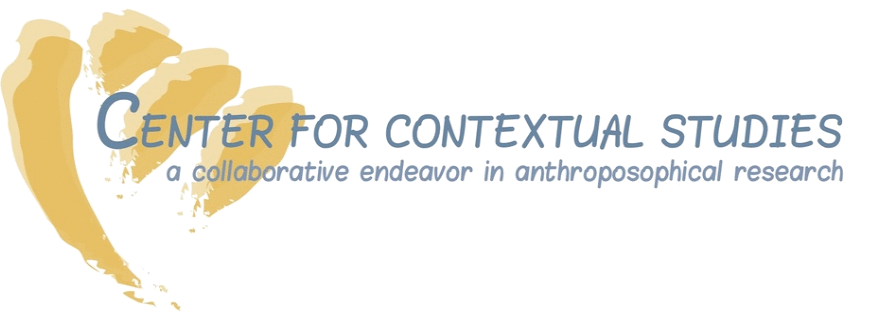Writing about education today is not easy. There are many, many theories, programs, curricula and approaches vying for attention. Adding something to that mix is not necessarily productive. Yet, as a teacher, I find little in contemporary educational writing that addresses the radical challenge we encounter in children today. We live in a time in which many, if not all, the fundamental assumptions we hold concerning education must be reassessed. Why? Because the sociocultural context in which they were developed no longer exists. Our children are growing up in a world that bears little resemblance to the world that gave birth to what we tend to think of as education. Even the most radical educationalists of the past century or so could not have imagined the world we live in today.
Yet we continue to approach the question of education as though these changes were incremental rather than paradigmatic. It appears as if the ideas that we have about how education should be are so entrenched that they blind us to the shifts taking place around us. This blindness extends also to the changing nature of childhood and the contextual realities of growing up. Our inability to see beyond conventional forms and practices limits our ability to recognize and respond to new educational needs.
Traditional education no longer works. The ideals that drove its development and global expansion have proven themselves empty. Education as we know it does not lead to a more human civilization. In fact, we are faced with the tragic reality that the way we are educating leads to increased levels of violence, psychological instability, and social dysfunction. Freedom and democracy have become little more than empty words, senseless acts of mayhem the order of the day. The world as we know it today is the expression of the catastrophic failure of contemporary education to nourish the growing child’s need to experience meaning and to be moved inwardly by the learning process.
It is time, as John Dewey remarked a century ago, to shift the center of gravity in the way we approach the challenge of educating our children. This shift demands a shift in the way we understand the nature of the human being, the way we understand the path of maturation a child wanders from birth to adulthood, the way we nourish the child’s soul as he or she progresses along this path.
Perhaps more than anything else, it requires us to gain a new understanding of the nature of the unfolding inner life that blossoms and bears fruit as this path unfolds.
Children are the seeds of humanity’s future. Whether they can take root and grow strong depends upon the way we nourish and protect them, the imagery we offer them to grow with, the way we enable them to encounter the world, to recognize goodness, beauty and truth, to feel wonder and respect for all that lives around them, to experience the joy of caring and the nature of responsibility.
The current obsession in the educational community on quantitative assessment, testing and tracking is a clear indication of how far away we have grown from a deep understanding of the nature of learning. Intellectual capacities are but one aspect of human nature. Narrowing educational programs to optimize intellectual performance diminishes the human being. By doing so, we tell the child that only these capacities are of significance.
